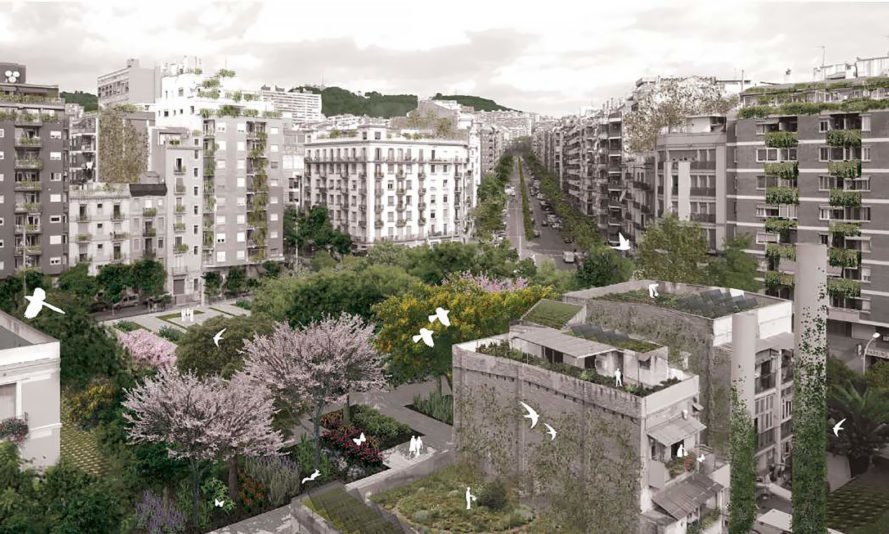We are excited to be hosting an informal seminar with Isabelle Anguelovski from the Universitat Autonoma de Barcelona on January 10 here at the Urban Democracy Lab. Her recent work on environmental gentrification, which you can view here, intersects beautifully with our Democratizing the Green City Initiative. Melissa Checker will be our interlocutor.
Are the benefits of urban greening equitably distributed and perceived? An inquiry into new dimensions of environmental gentrification in the Global North and South
Abstract: Local activists engaged in contemporary environmental justice struggles not only fight against traditional forms of hazardous locally unwanted land uses (LULUs), they also organize to make their neighborhoods livable and green. However, urban environmental justice activism is at a crossroads: As marginalized neighborhoods become revitalized, outside investors start to value them again and invest in green amenities. Yet vulnerable residents are now raising concerns about risks of environmental gentrification and displacement. Their fear is linked to environmental amenities such as new parks, remodeled waterfronts, healthy food stores, and projects branded as climate-resilient. In this presentation, I examine how recent green urban redevelopment trends translate into possibly the ultimate urban environmental justice tragedy through new dynamics of marginalization accompanying green projects or amenities. Through case studies in the Global North and South, I analyze how specific projects developed under the label or discourse of green infrastructure planning, urban sustainability planning, or sustainable local food systems, might become GREENLULUS – Green Locally Unwanted Land Uses – for socially vulnerable urban residents because such agendas and projects create new patterns of reinvestment, and often speculation, exclusion, and displacement.
Bio: Isabelle Anguelovski is a social scientist trained in urban studies and planning (PhD MIT, 2011), non-profit management (Harvard University, 2004), international development (Université de Paris 1-Panthéon Sorbonne, 2001), and political studies (Science Po, 2000). Her research is situated at the intersection of urban planning and policy, social inequality, and development studies. Her recent projects examine the extent to which urban plans and policy decisions contribute to more just, resilient, healthy, and sustainable cities, and how community groups in distressed neighborhoods contest the existence, creation, or exacerbation of environmental inequities as a result of urban (re)development.
Isabelle is currently a Senior Researcher and Principal Investigator at the Institute for Environmental Science and Technology (ICTA) at the Autonomous University of Barcelona (UAB) where she coordinates the research line Cities and Environmental Justice and directs the
Barcelona Lab for Urban Environmental Justice and Sustainability, a research laboratory carrying comparative and interdisciplinary research, developing new teaching methods and courses, and promoting learning on justice and inclusion for planning sustainable, green, and healthy cities. She is also affiliated with IMIM, the Hospital del Mar Research Institute in Barcelona. Since June 2016, Isabelle is coordinating the ERC funded project GREENLULUS (2016-2021), which examines the social and racial impact of urban greening in 20 cities in Europe and 20 in the United States.

